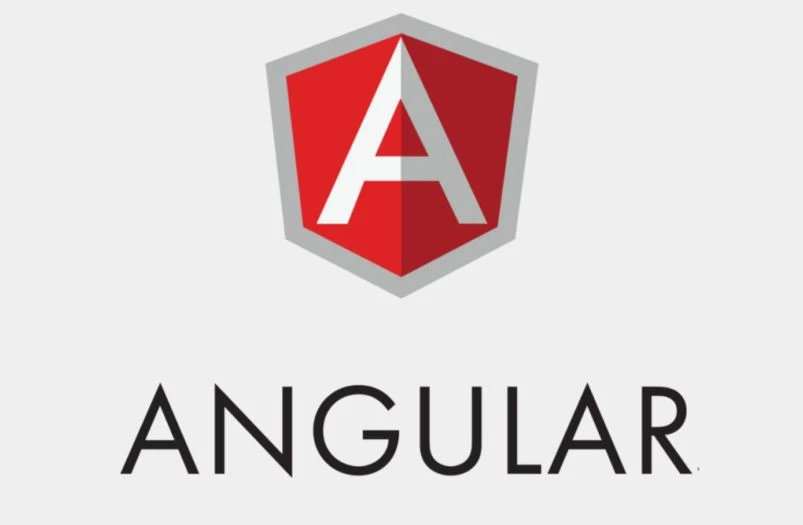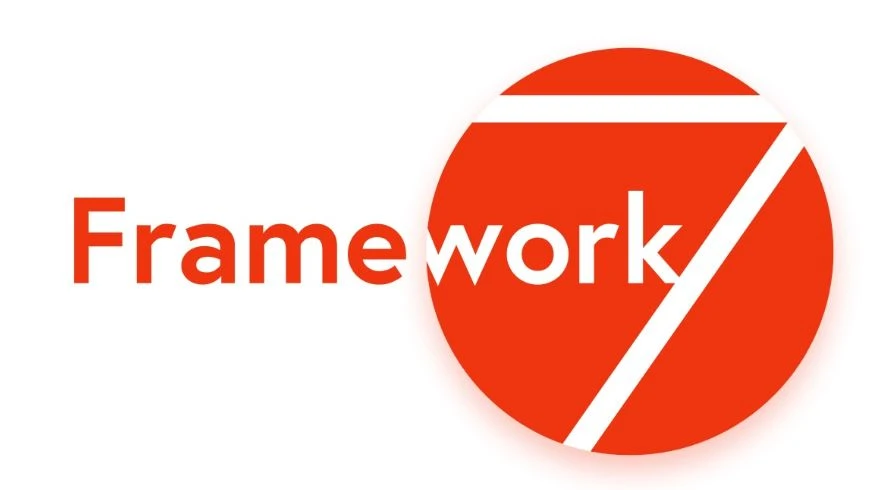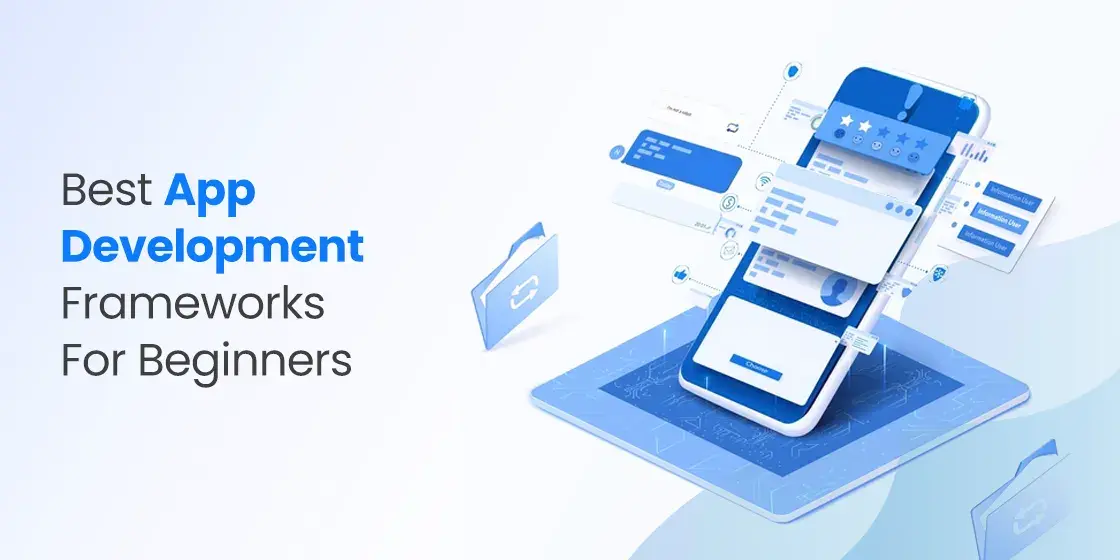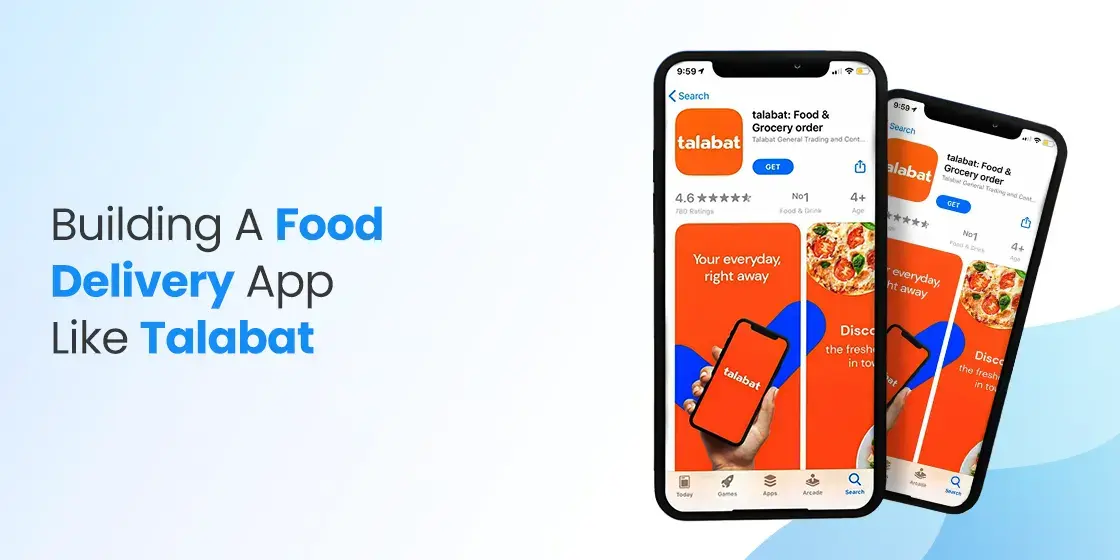Table of Content
Discover the Best Mobile App Development Frameworks Developers Love Today
As a professional app developer, you need to continuously elevate your skills as per the emerging market standards. This means that you need to learn new tools and technologies everyday to stay competitive in the market. The knowledge of top mobile app development frameworks is a one of the most important thing in this regard. It becomes necessary when you get app development projects based on the popular frameworks, thus requiring you to keep abreast of the trends. Failure to do so results in many developers struggling due to having less knowledge about the latest and the best frameworks for mobile app development.
If you are starting as a beginner, then you could keep using one app development framework for some time. This is to help you sharpen up your skills as a beginner, because too much influx at the start could also muddle your concepts. However, once you have mastered the basics of app development completely, you need to elevate your expertise by learning new frameworks. This is an essential requirement in today’s development circuit that allows you to remain skillful in the field.
So, if you are also looking to know which app development frameworks should you learn next, this guide is for you. Here we will discuss some of the best development frameworks that should be used to provide mobile app development services. Let us first start from the basics understanding the core definition of an app development framework below.
What is a Mobile App Development Framework?

A mobile app development framework refers to the environment where mobile apps can be built efficiently. It is a complete platform where you get different types of tools, functions, methods and other things needed for quality app development. As a developer, you feel pretty comfortable to work inside this environment because many features comes prebuilt in them. That is what makes development pretty much streamlined, allowing you to build mobile apps on the go.
Nowadays, there are different types of mobile app development frameworks available in the market. Their numbers have increased because majority of developers have started to use them for mobile app projects. They understand that these frameworks are pretty easy to use, and they provide tons of features to build a powerful mobile app. In fact, some of the frameworks providing drag and drop features to build the UI of the app. This makes the work more easy, enabling developers to solely focus on the backend development.
A mobile app developer who is just starting in the field, is always advised to first learn the best mobile app development framework for their particular niche. A lot of times, people think that they can get started with app development after just learning Python, Swift or any other programming language. Well, this is a partial thing because cross platform app development requires you to master languages alongside popular frameworks. So, learning them is considered crucial for developers as majority of the development work depends on them.
Elements to Consider When Choosing the Best Framework for Mobile App Development

There are a lot of top mobile app development frameworks currently available in the market. You can definitely not work with all of them while creating a mobile app. As a developer, you need to know which app development framework suits best for your requirements, as well as the scope of the project. This could be done by remembering some important points that are defined below.
Advance Features for Mobile App Development
The first thing that is usually wanted by developers while selecting an app development framework is the availability of advance features. It is something that gives assurance to the developers that a framework will help them to build an application effortlessly. With the help of advance features, many manual tasks can be simplified, saving a lot of time and effort of the designated teams. This is why everyone looks for those frameworks that are rich in development features.
Performance and Speed of Your Mobile Apps
Speed is another factor that defines the efficiency of any of the top mobile app development frameworks. Nowadays, every app requires to function with high performance. To do that, you need to develop them on a framework that offers optimum performance in execution. If you will develop them in an environment that is sluggish or takes extra time to load even basic functions, then the app will also work slowly. So, try to find those development frameworks that are fast in execution, as it is related directly to your app.
Mobile App Security
Security is another factor that should be carefully evaluated before selecting any of the best framework for mobile app development. It has become a very important thing because due to rising incidents of web attacks in the industry. Today, every business prefers to build a website with infallible security features. To do that, they need a framework that offers top quality security protocols. It is therefore important to make the selection after evaluating this factor briefly, as it holds utmost importance.
Regular Updates in Mobile App Development
Selecting a framework that regularly updates its functions and protocols is also very important. It is understood to everyone that new things keep on emerging in the web world. As a developer, you need to keep a track of those things. In fact, you have to utilize tools that can accommodate them perfectly. So, the selection of a mobile app development framework that regularly updates its features is important for long-term work. It ensures that you are never working on an outdated system that does not meets the requirements of the industry.
Top Mobile App Development Frameworks Developers Prefer These Days
There are plenty of top mobile app development frameworks available in the market. However, you need to use only those that briefly cover the above defined factors. If you do not know which frameworks for mobile app development provide such functionalities, take a look at the list given below.
React Native

Developed and backed by Facebook, React Native has swiftly become the preferred choice among developers as an accessible, cross-platform application development framework. It streamlines the creation of Android and iOS mobile applications, with notable examples from major companies like Tesla, Airbnb, Skype, and Amazon Prime.
Ranked among the top mobile app development frameworks, React Native facilitates the construction of platform-specific versions for various features, allowing a single codebase to be effortlessly utilized across all platforms. This precisely reduces the workload of developers, allowing them to focus on other jobs efficiently.
While the underlying code in React Native closely resembles that of React, it differs in its approach to manipulating the Document Object Model (DOM) through the Virtual DOM. Instead, React Native operates in the background, executing JavaScript directly on the end device and communicating with the native platform through serialized data over an asynchronous and batched bridge.
Flutter Mobile App Development Framework

Flutter, a revolutionary and free app development framework developed by Google, empowers developers to create native Android and iOS applications through a unified and straightforward codebase. This groundbreaking software development kit (SDK) stands out in the realm of cross-platform application development due to its innovative approach in crafting apps that closely resemble native experiences.
Positioned as an unparalleled and reliable smartphone UI framework, Flutter facilitates the rapid development of visually appealing applications by significantly expediting the overall development process. At its core, Flutter is a comprehensive and precise framework that encompasses various elements, including an array of widgets, a sophisticated rendering engine, debugging tools, integration APIs, and a wealth of resources.
These components collectively support developers in the seamless creation and deployment of aesthetically pleasing mobile applications. Notably, Flutter has garnered adoption from esteemed organizations such as Google, further attesting to its credibility and widespread utility as an iOS app development framework in the in the iOS Dev community.
Angular App Development Framework

Angular, developed and maintained by Google, is a comprehensive and widely used front-end web application framework. Introduced in 2010 as AngularJS and later rewritten to become Angular (often referred to as Angular 2+), it has become a dominant force in the realm of web development. Angular is particularly known for its ability to create dynamic single-page applications (SPAs) effortlessly.
One of the key features that sets Angular apart is its reliance on TypeScript, a statically typed superset of JavaScript. TypeScript enhances the development process by enabling better code organization, improved maintainability, and early error detection. The use of a component-based architecture in Angular allows developers to build modular and reusable components, fostering code reusability and maintainability, a key factor of top mobile app development frameworks.
Angular also comes with a robust set of mobile app development tools for handling various aspects of development, such as dependency injection, routing, and form handling. The Angular CLI (Command Line Interface) further simplifies the development process by automating common tasks like project setup, testing, and deployment.
Ionic App Development Framework

The Ionic framework is a versatile and open-source front-end SDK (Software Development Kit) that enables the creation of high-quality cross-platform mobile applications using web technologies like HTML, CSS, and JavaScript. Developed by Max Lynch, Ben Sperry, and Adam Bradley of Drifty Co. in 2013, Ionic has gained substantial popularity for its ability to streamline the app development process by allowing developers to use a single codebase for both iOS and Android platforms.
One of the standout features of the Ionic framework is its extensive set of pre-built UI components, known as Ionic Angular Components. These components follow the principles of Google’s Material Design, ensuring a visually appealing and intuitive user interface.
Furthermore, Ionic incorporates Apache Cordova, a platform for building native mobile applications using web technologies, to access native device functionalities such as the camera, GPS, and device sensors. This integration enables Ionic developers to create hybrid mobile apps that can seamlessly access device features, bridging the gap between web and native app development.
Xamarin Mobile App Development Framework

Xamarin stands as an alternative framework for cross-platform mobile app development, catering to the creation of applications for both Android and iOS. Leveraging the C# programming language, Xamarin reduces the number of lines of code required for application development, resulting in a more efficient and expedited coding process. Furthermore, this framework facilitates the swift transfer of scripts across diverse systems, including Windows and macOS.
Notably, Xamarin has been acquired by Microsoft. Despite the accelerated pace of app development, which may suggest potential compromises in quality and structure, Xamarin-based applications maintain impeccable native functionality, ensuring a high standard of quality and efficiency.
Within Xamarin, an intermediate layer governs the connection between the core system code and standard code. This strategic arrangement empowers developers to harness a range of tools, frameworks, and programming languages supported by a vibrant community. This collaborative ecosystem allows programmers to cultivate an environment replete with APIs, backends, components, and more, contributing to a comprehensive and dynamic development experience.
Framework7 App Development Framework

Framework7, often stylized as F7, is a robust and open-source framework for building mobile applications. Unlike many other frameworks, Framework7 is specifically designed for developing full-featured and native-like applications for iOS and Android. It provides a set of pre-designed UI components and tools that seamlessly integrate with popular web technologies such as HTML, CSS, and JavaScript.
One notable feature of Framework7 is its emphasis on a clean and iOS-centric design, ensuring that the applications built with it not only function well but also adhere to the visual standards of iOS devices. It offers a variety of UI components, including navigation bars, modals, popovers, and side panels, allowing developers to create visually appealing and responsive interfaces with ease.
With a dedicated community and active development, Framework7 continues to evolve, incorporating new features and enhancements. Its focus on providing a simple yet powerful solution for mobile app development, coupled with its versatility and compatibility with popular web technologies, makes it a valuable choice for developers aiming to create sophisticated and high-performance mobile applications for both iOS and Android platforms.
Frequently Asked Questions
| What is an app development framework? A mobile app framework helps developer to work inside a cohesive environment where all the features and functions are preemptively defined. It helps them to develop an application faster, reducing plenty of manual workload. |
| Which frameworks are more popular in the market? There are different types of frameworks used by the developers these days. Some of the popular name among them includes Angular, React Native, Xamarin, Ionic and more others. |
| Which framework can be used to build ecommerce apps? To build an ecommerce app, you can use different types of app development frameworks. As per the best market reviews, MobiLoud is the best app builder that provides tons of creative features to build ecommerce apps. |
Discover More Related Resouces:
Final Words
That takes us to the end of this blog in which we have discussed some of the top mobile app development frameworks currently available in the market. For a developer, you need to know about these frameworks to elevate your skills in this field. Meanwhile as a business owner, you need to know what to look for when you want to know how to outsource mobile app development for your project. They are quite advanced, so you must also need to solidify your tech learning to understand their functions and features. Once done, you’ll be able to create all types of mobile apps rightly as per the latest industry standards.
However, if you are looking for a company that has got an experienced team of developers having good understanding of these frameworks, get in touch with us today. We have got plenty of knowledge about all the top mobile app development frameworks, hence you can count on us to develop all types of apps as per the given requirements.

Empower your digital journey with StruqtIO - Your dedicated partner for cutting-edge custom software development, innovation, and digital transformative solutions. Harness the power of technology to elevate your business and redefine your digital landscape today.


